Once upon a time in Russia, or to be precise, in the early 18th century, there was a tax to pay for those who fancied remaining unshaven.
Yes, you read that right – a beard tax.
The beard tax policy obliged all men who wanted to keep their beards to pay a tax for it; otherwise, they would be shaved by the police.
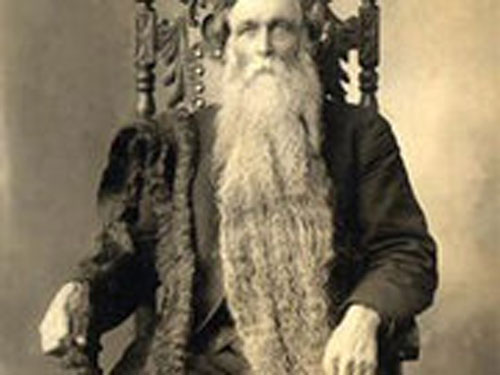
Those who paid the tax were given tokens, usually copper coins, while the wealthier, who paid more, received silver ones.
The token was called a “beard kopek” and was first minted in 1699 after Peter the Great came up with the beard tax idea.
“Money paid” was imprinted on the coins in Russian, and a groomed beard and a curving mustache were embossed underneath.
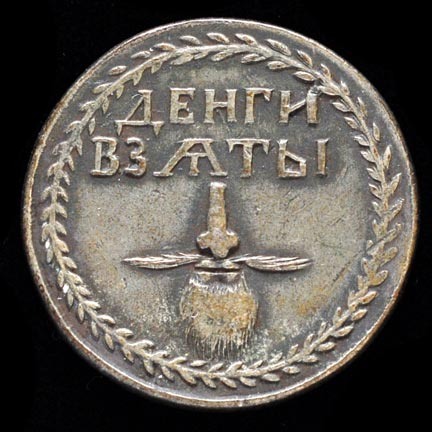
These coins are an archaeological rarity and are described as “priceless” by experts. There are only two known beard kopeks remaining.
One is exhibited in the Hermitage Museum, while the second one was discovered in 2016, among 5,000 historic coins in the remains of a 17th century building in the city of Pskov.
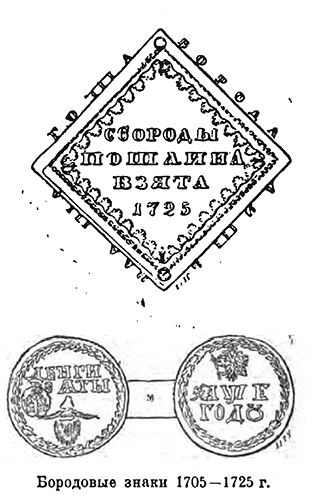
During 1697 and 1698, Peter spent some time traveling, in disguise, around Europe, discovering it, and learning about “modernity. ”
Traveling incognito under the name “Sergeant Pyotr Mikhailov”, the Russian Emperor spent four months working at a shipyard for the Dutch East India Company, learning about shipbuilding innovations.
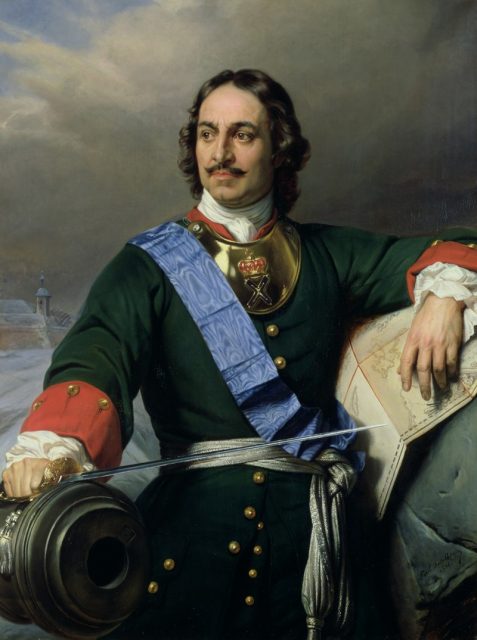
After that, he traveled to Great Britain where he continued investigating shipbuilding techniques while working in the Royal Navy dockyard at Deptford.
Peter was a curious person. He also frequently visited museums, schools, arsenals, factories, and even attended a session of Parliament.
He learned a great deal about the British people, their culture, politics, economy, history, and…taxes.
Well, the beard tax wasn’t his innovation. The credit for it goes to King Henry VIII, who wasn’t keen on beards himself. Yes, it was the Englishman. He introduced the beard tax, back in 1535, a long time before the Russian Emperor did.
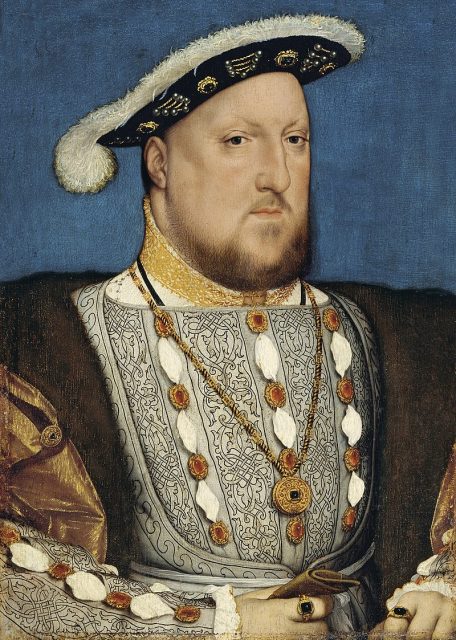
During King Henry’s time, the beard tax depended on the beard wearer. The higher their standing in society, the larger amount of money they had to pay.
So, in a way, having a beard became a status symbol. Only those who could afford the tax had a beard.
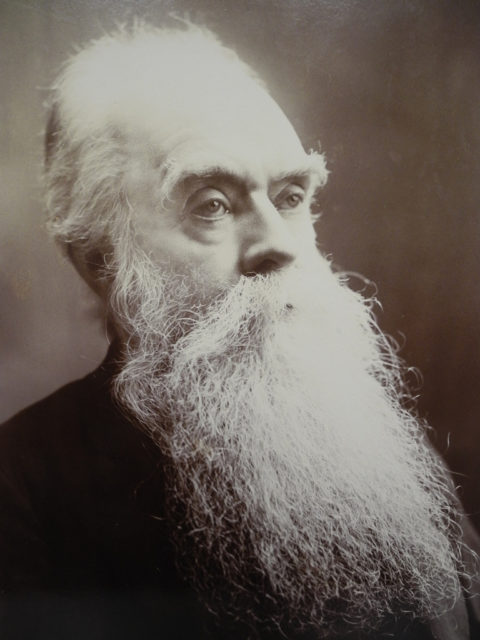
The beard tax in Britain was dropped at some point but it was reintroduced by Henry’s daughter, Queen Elizabeth I.
She started taxing men again, allowing unpaid facial hair up to two week’s growth. After two weeks, men could either shave or pay the tax.
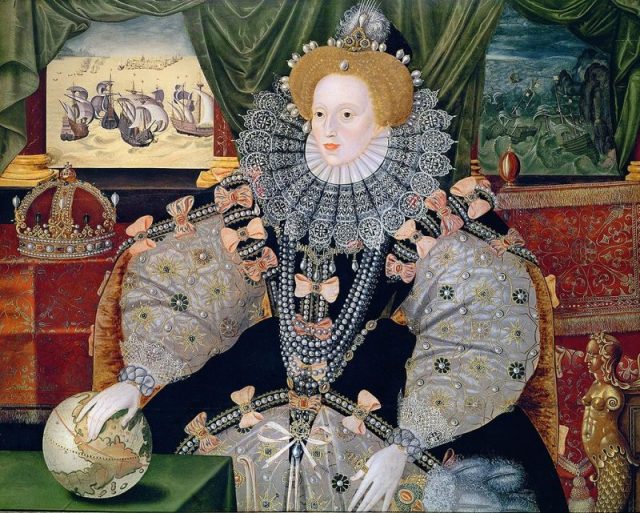
So, when Peter I learned of this tax, he included it in his efforts to modernize the Russian society.
It was one of those European models that caught his eye. Or maybe it was one more “creative” reason to charge the people.
Whatever modernity Peter saw in the beard tax, it was introduced to the Russian people, and the coins were created. And everyone who sported beard or mustache had to pay for it.
Of course, there were some men who didn’t like to pay for having their beards.
Read another story from us: The Lady who Chose to Grow the Most Famous Beard of Her Era
They “rebelled” by refusing to pay the tax – – but in the end were punished by being forcibly and publicly shaved.
Eventually, the beard tax in Russia was abolished in 1772.
